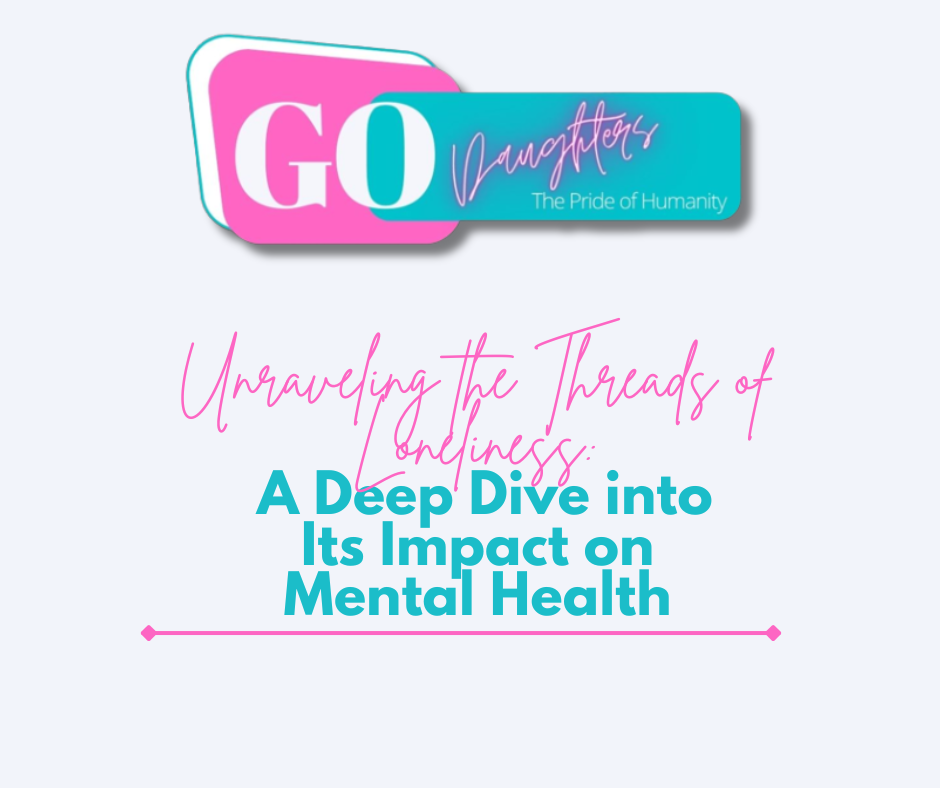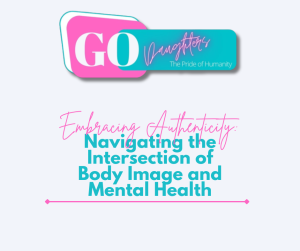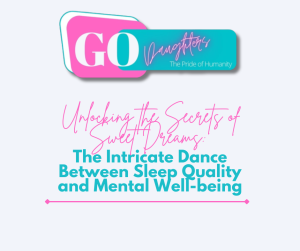
Hey there, fellow explorers of the human experience! Today, let’s embark on a profound journey through the labyrinth of emotions, focusing our lens on a silent yet powerful force that often goes unnoticed – loneliness. In a world buzzing with digital connections and constant updates, it might seem paradoxical that loneliness can take root and flourish. However, the truth is, it’s a prevalent and complex emotion that can cast a long shadow on our mental well-being. #LonelinessMatters #MentalHealthAwareness
The Loneliness Paradox
Loneliness, often misconstrued as mere solitude, is not defined by the physical absence of others. It’s more about the quality of connections we share. You might be surrounded by a sea of people yet feel like a solitary island. In an era where social media feeds are flooded with smiling faces, the paradox deepens – why do so many of us still feel isolated?
Loneliness and the Brain
Let’s take a detour into the intricate web of our brains. Neuroscience reveals that loneliness can trigger responses akin to physical pain. The brain’s “social pain” circuitry, activated during moments of isolation, mirrors the sensation of physical injury. It’s a stark reminder that our brains are wired for connection, and the absence of it can send shockwaves through our mental landscape. #BrainConnection #LonelinessHurts
Loneliness and Mental Health
The ramifications of chronic loneliness extend far beyond occasional bouts of sadness. Research has consistently linked loneliness to a plethora of mental health issues, ranging from anxiety and depression to more severe conditions like schizophrenia. Understanding this connection is crucial to unraveling the mysteries of our emotional well-being. #LonelinessImpact #MentalHealthMatters
The Ripple Effect
Loneliness doesn’t operate in isolation; its impact ripples through various aspects of our lives. From diminished cognitive function to compromised immune systems, the effects are both subtle and profound. Recognizing these ripples can empower us to address loneliness not merely as a personal struggle but as a societal challenge that requires collective solutions. #CollectiveWellness #LonelinessRippleEffect
Nurturing Connections
Now, let’s shift our focus from the problem to the solution. Building meaningful connections is the antidote to loneliness. It’s not about the quantity but the quality of relationships. Investing time in nurturing connections, both online and offline, can be a game-changer for our mental well-being. It’s a reminder that we are, after all, social beings seeking genuine bonds. #ConnectionCure #BuildingRelationships
Embracing Vulnerability
In a world that often glorifies perfection, embracing vulnerability becomes a revolutionary act. Opening up about our struggles, fears, and insecurities not only fosters connection but also paves the way for a more authentic and compassionate society. Let’s redefine strength as the courage to be vulnerable and reach out for support when needed. #VulnerabilityIsStrength #AuthenticConnections
Conclusion: Weaving a Tapestry of Connection
As we conclude our exploration of the impact of loneliness on mental health, let’s remember that understanding this intricate tapestry of emotions is the first step toward a more connected and compassionate world. By acknowledging the silent struggles of loneliness, we can collectively work towards creating spaces where every individual feels seen, heard, and valued. After all, the beauty of the human experience lies in our shared journey, woven together by the threads of connection. #ThreadsofConnection #CompassionateWorld
So, dear readers, let’s continue this conversation. Share your thoughts, experiences, and insights. Together, let’s unravel the complexities of loneliness and build a world where no one feels alone in the crowd.




